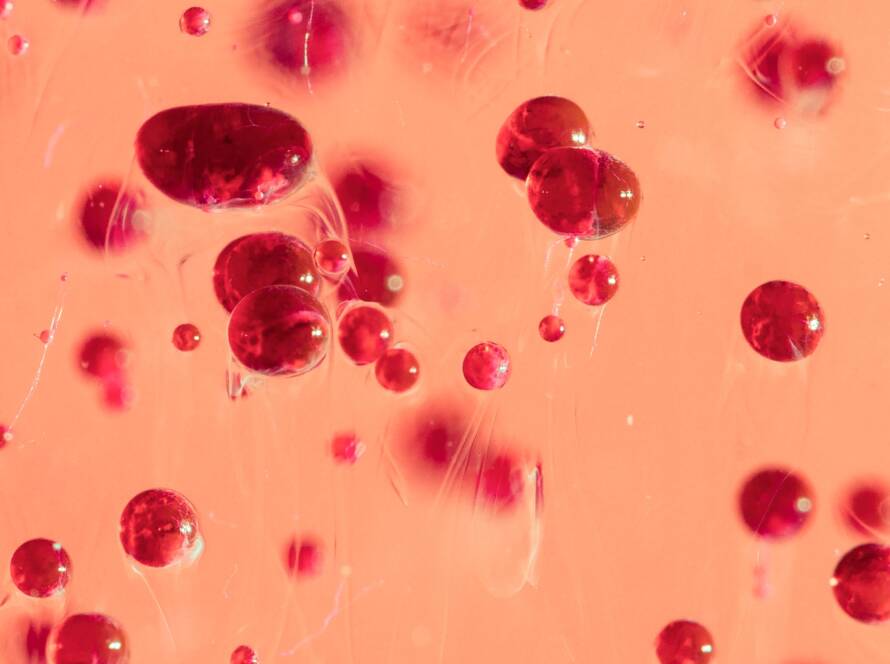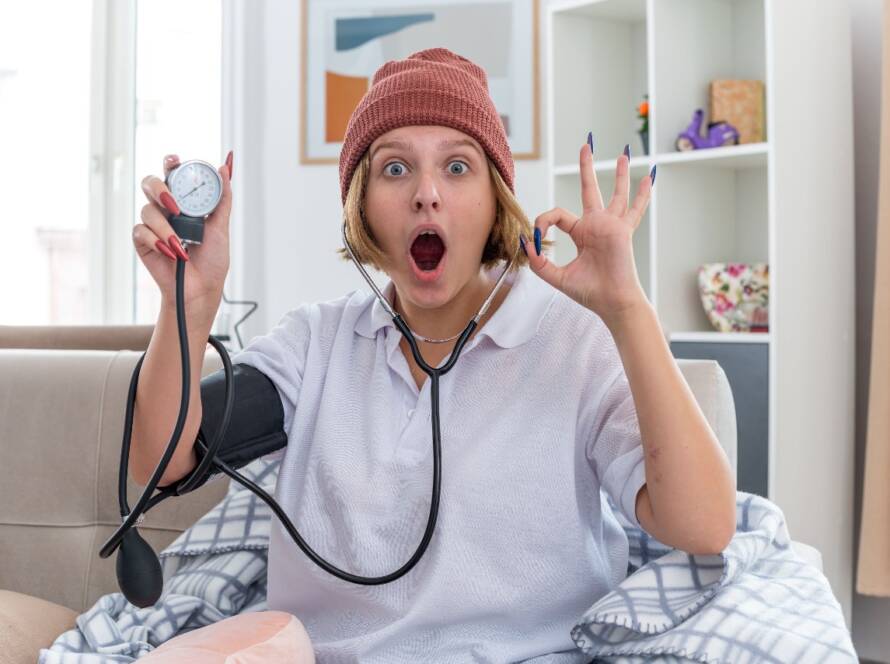Polycystic Ovary Syndrome (PCOS) is a common hormonal disorder that affects many women worldwide. It is characterized by the formation of cysts in the ovaries, elevated levels of androgens (male hormones), and irregular menstrual cycles. PCOS can impact fertility and lead to various health issues.
PCOS can affect women of all ages, but it is more commonly seen in women of reproductive age, typically manifesting after puberty. Specifically, women with PCOS are usually between 15 and 44 years old, which encompasses the reproductive age group. However, symptoms of PCOS may appear earlier in adolescence or later in life, and the severity and specific symptoms can vary among different age groups and individuals.
The Symptoms of PCOS
- Irregular periods or no periods at all
- Difficulty getting pregnant due to irregular ovulation or failure to ovulate
- Excessive hair growth (hirsutism) on the face, chest, back or buttocks
- Weight gain or difficulty losing weight
- Acne or oily skin
- Thinning hair or hair loss from the scalp
- Darkening of skin, particularly along neck creases, in the groin, and underneath breasts
- Skin tags, which are excess flaps of skin in the armpits or neck area
The exact cause of PCOS remains unclear, but genetics and environmental factors are believed to play a role.
Diagnosis and Medical Evaluation
Diagnosing PCOS involves a combination of medical history review, physical examination, and tests:
Medical History: Discussing menstrual patterns, symptoms like acne or hair growth, and family history.
Physical Examination: Checking for signs such as excess hair growth, acne, and abdominal obesity.
Laboratory Tests: Blood tests to measure hormone levels (androgens, LH, FSH, etc.) and glucose tolerance test to assess insulin resistance.
Ultrasound: Imaging of the ovaries to detect the presence of cysts.
Treatment Options
Treatment for PCOS focuses on managing symptoms and reducing the risk of long-term complications:
Lifestyle Changes: Diet modifications, regular exercise, and weight management can help improve insulin sensitivity and hormone levels.
Medications: Birth control pills to regulate menstrual cycles, anti-androgen medications to manage symptoms like acne and hair growth, and medications to induce ovulation in women trying to conceive.
Surgery: Ovarian drilling may be recommended in some cases to stimulate ovulation.
Fertility Treatments: Assisted reproductive technologies (ART) like in vitro fertilization (IVF) for women struggling with infertility.
Moreover, by sending specific frequencies directly to the body’s cells and tissues, there is no need to use chemical drugs, so there are no drug side effects. Users can use Frequency Healing safely for a long time, especially for people who are sensitive to drugs or do not want to rely on drugs.






